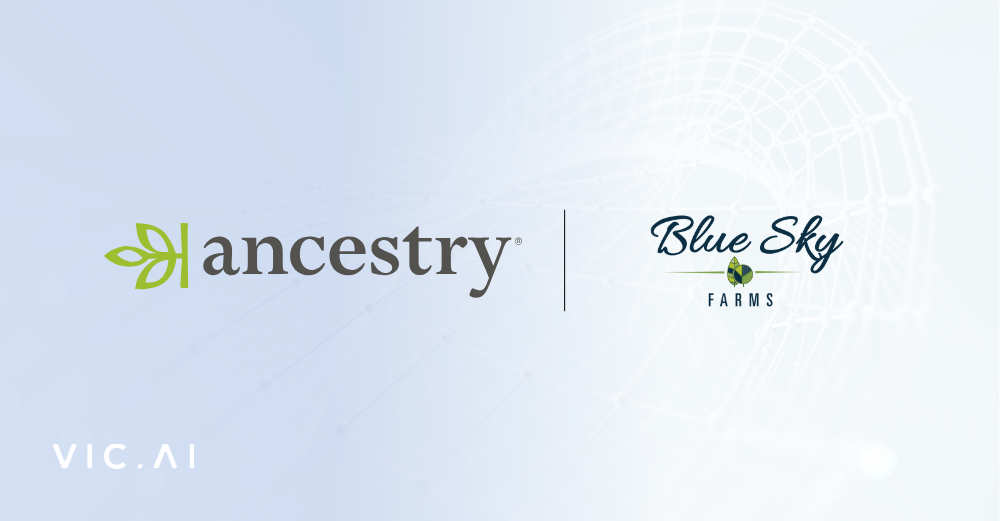In accounting, the bar isn’t automation anymore, it’s autonomy. Template-driven tools using traditional automation methods such as robotic process automation (RPA) and optical character recognition (OCR), are rigid and require considerable manual labor to implement and maintain, which is unsustainable for large organizations. Autonomous accounting refers to the integration of advanced AI into the accounts payable (AP) process to handle tasks, activities, and even decision making independently.
What is autonomous accounting?
Autonomous accounting is a concept where technology, such as AI and automation, is used to perform accounting tasks without direct human intervention. Autonomous solutions are built using advanced algorithms and machine learning designed to collect and process financial data, generate financial statements, and perform routine accounting activities, such as bookkeeping. Technology can execute tasks independently like routine data entry, invoice processing, payments, and invoice reconciliation.
At its core, autonomous accounting aims to minimize manual input and human error while maximizing accuracy, speed, and insights within the accounting function. By leveraging cutting-edge technologies, organizations can achieve greater efficiency, scalability, and transparency in their financial operations.
Benefits of autonomous accounting
Autonomous accounting is a transformative approach that helps businesses save time and resources while ensuring compliance with accounting standards and regulations. With autonomous accounting, professionals can focus more time on strategic decision-making and client-centric activities, rather than getting bogged down in administrative tasks. Finance leaders can help drive the adoption of autonomous accounting by focusing on the strategic benefits:
Data processing: One of the key features of autonomous accounting is the processing of data. Advanced software systems can extract relevant information from various sources, including invoices, receipts, bank statements, and other financial documents, and accurately record this data in the appropriate accounting records. This automation not only saves time but also reduces the risk of errors associated with manual data entry.
Complex calculations: Moreover, autonomous accounting systems can perform complex calculations and analyses with ease. By utilizing AI algorithms and predictive modeling techniques, these systems can generate accurate financial forecasts, identify trends, and provide valuable insights into business performance. This capability enables organizations to make informed decisions based on real-time data and actionable intelligence.
Compliance and regulatory adherence: Another significant aspect of autonomous accounting is its ability to ensure compliance with regulatory requirements and accounting standards. By incorporating built-in controls and validation mechanisms, these systems can flag potential errors or discrepancies, helping organizations maintain accuracy and integrity in their financial reporting processes. Additionally, autonomous accounting platforms can generate comprehensive audit trails and documentation, facilitating regulatory audits and ensuring transparency in financial operations.
Collaboration and communication: Furthermore, autonomous accounting fosters collaboration and communication within organizations by providing stakeholders with access to relevant financial information in real time. Through customizable dashboards, reports, and analytics tools, users can track key performance indicators, monitor budgetary targets, and analyze variances across different business units or departments. This transparency promotes accountability and empowers decision-makers to take proactive measures to optimize financial performance.
Vic.ai is an AI-first autonomous finance platform solely focused on helping accounts payable teams achieve true AP autonomy. CEO and co-founder Alexander Hagerup shares more about the Vic.ai approach in this recent article, and explores the possibilities of autonomous finance in this Forbes.com article.
The benefits of autonomous accounting extend beyond operational efficiency to strategic advantages. By freeing up finance professionals from mundane tasks, organizations can redirect their time and resources toward value-added activities such as financial analysis, strategic planning, and business advisory services. This shift enables finance teams to play a more strategic role in driving organizational growth and innovation.
Autonomous accounting in action
In this “What is Autonomous Accounting?” episode of Vic.ai's Intellibytes video series, we summarize the revolutionary impact of AI-driven automation on accounting processes.
This article originally published July 2023 and was updated March 2024.











.svg)
